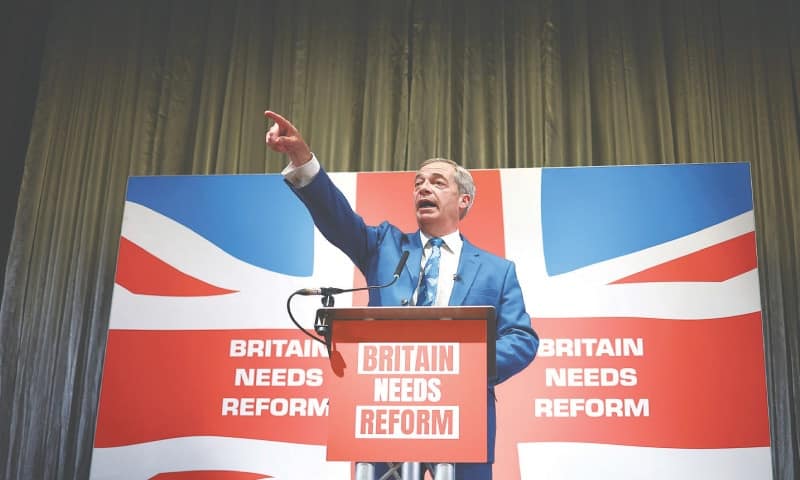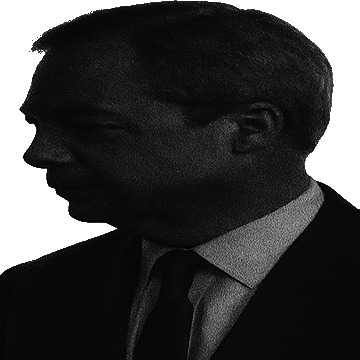1. Timing: A gap in the right-wing field
With the governing Conservative Party in disarray and many right-wing voters seeking a new vehicle, Farage and his team judged there was a strategic opening. Polls published after his announcement showed that Reform UK gained momentum almost immediately. (Reuters, 5 Jun 2024) Farage’s re-entry sent a signal to voters that Reform would be a credible alternative on the right.
2. Personal ambition and legacy
Farage has long been one of Britain’s most recognisable populist figures. Having campaigned for years and become a media personality, his decision to return suggests he was unwilling to remain behind the scenes. According to the ABC article on 4 Jun 2024, Farage cited a sense of duty not to let down his supporters and said his previous decision not to stand had been reconsidered. (ABC, 4 Jun 2024)
His return can thus be read as an attempt to shape his own legacy—and to lead the next phase of his political movement.

Image: AFP
3. Party strategy & system opportunity
By returning, Farage became the face of Reform UK and provided the party with a media-savvy leader who could dominate headlines. His endorsement helped the party gain traction at a time when major right-wing voices were fragmented. Analysts noted that his re-entry improved Reform UK’s credibility among voters who might otherwise stick with the Conservatives. (Reuters, 5 Jun 2024)
What it meant for the election
Farage stood in Clacton and won, becoming the first Reform UK MP in that seat, on 4 July 2024. (Guardian, 5 Jul 2024)
His success highlighted that his return was more than a publicity stunt—it positioned Reform UK as a genuine electoral player and shifted the balance on the right.
Risks & challenges
Despite his triumph, returning so late also carried risks: expectations were high, and critics argued that Farage’s move might crowd out Reform’s wider leadership and sidelined other internal talent. Moreover, being back in frontline politics meant greater scrutiny and higher stakes.
Conclusion
Farage’s decision to return to frontline politics before the 2024 election was driven by a calculated mix of timing, personal ambition and strategic opening for his party. With his election win, he redeemed his personal ambition and helped his party break through. The move underscored his enduring ability to reshape Britain’s right-wing politics.



